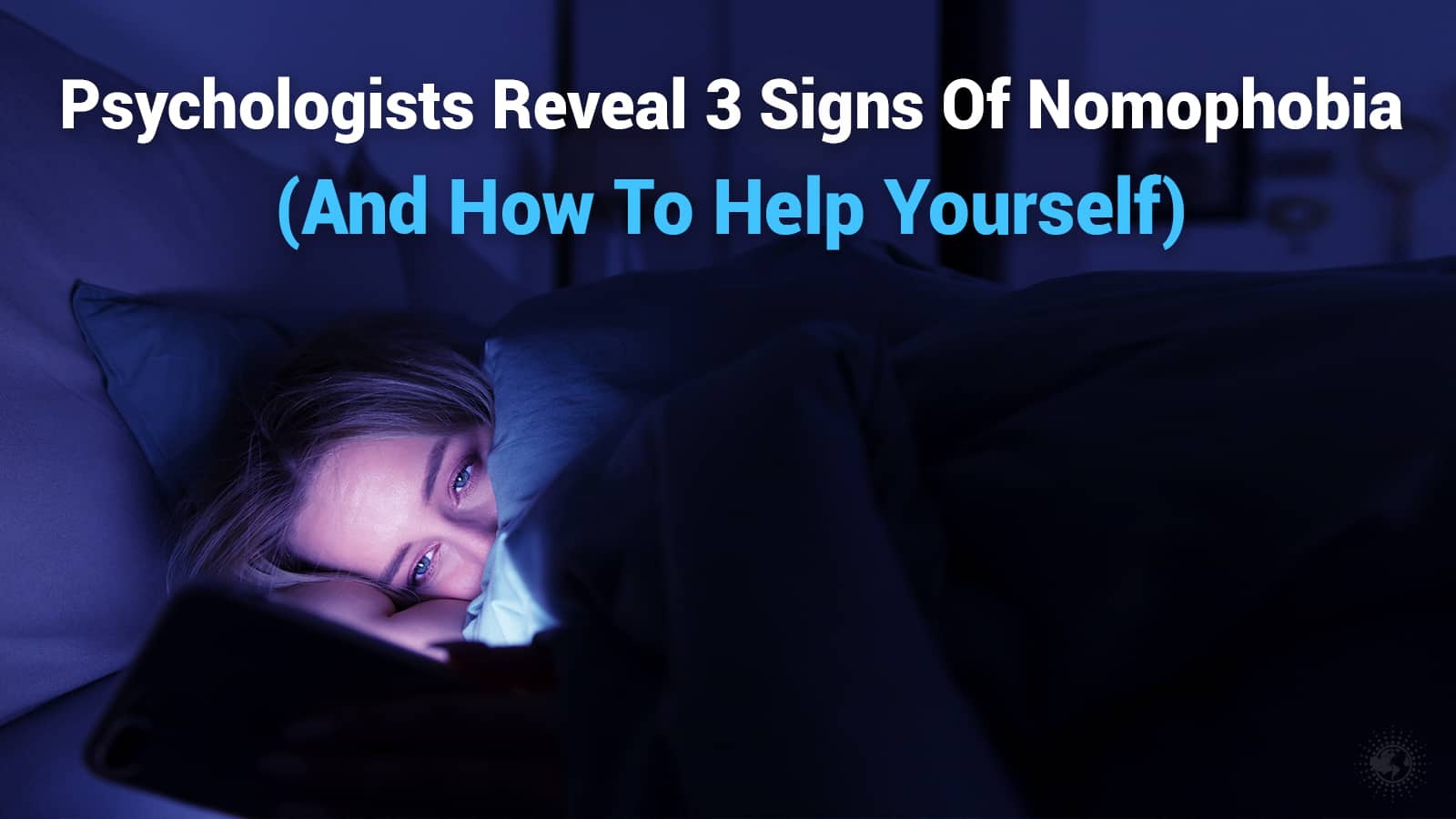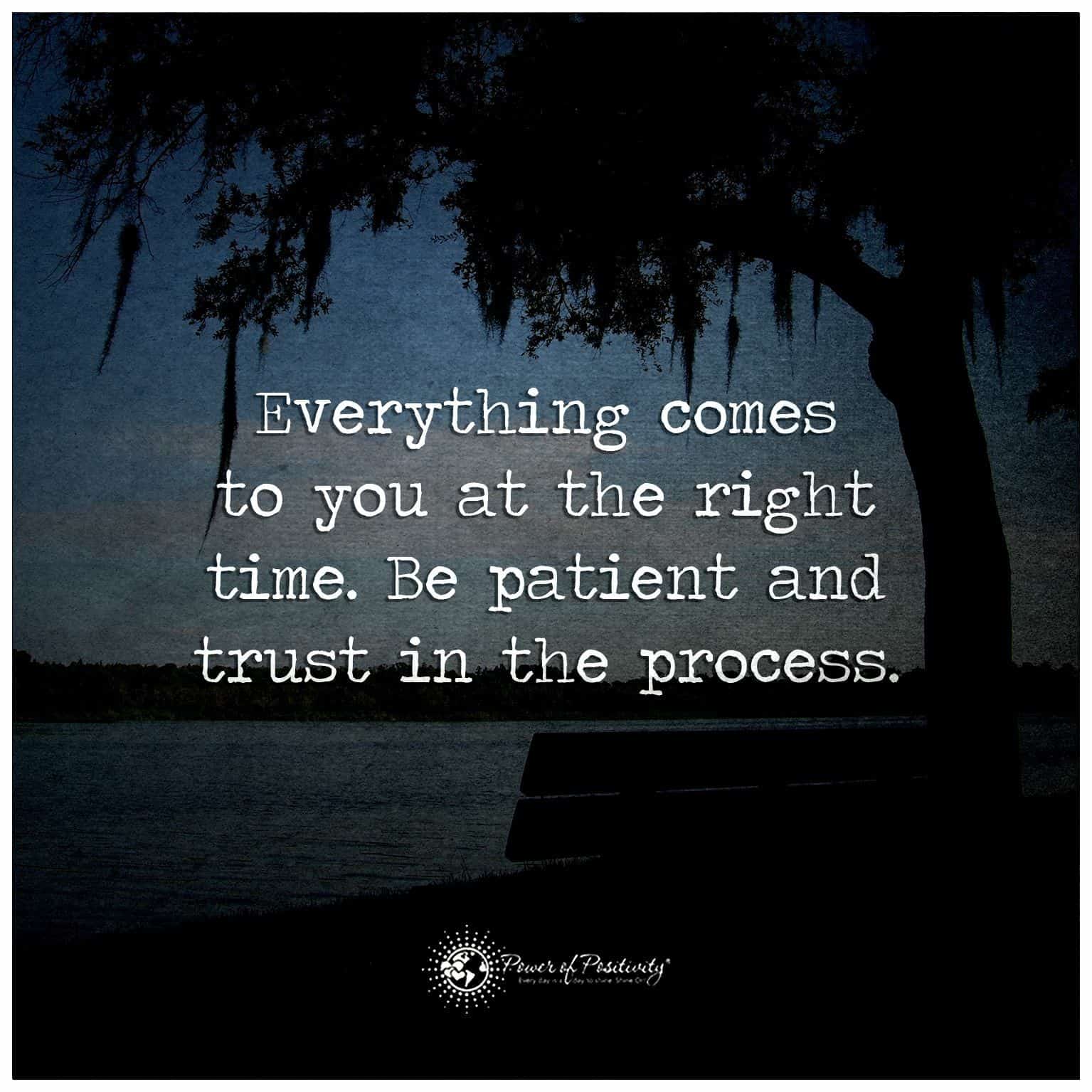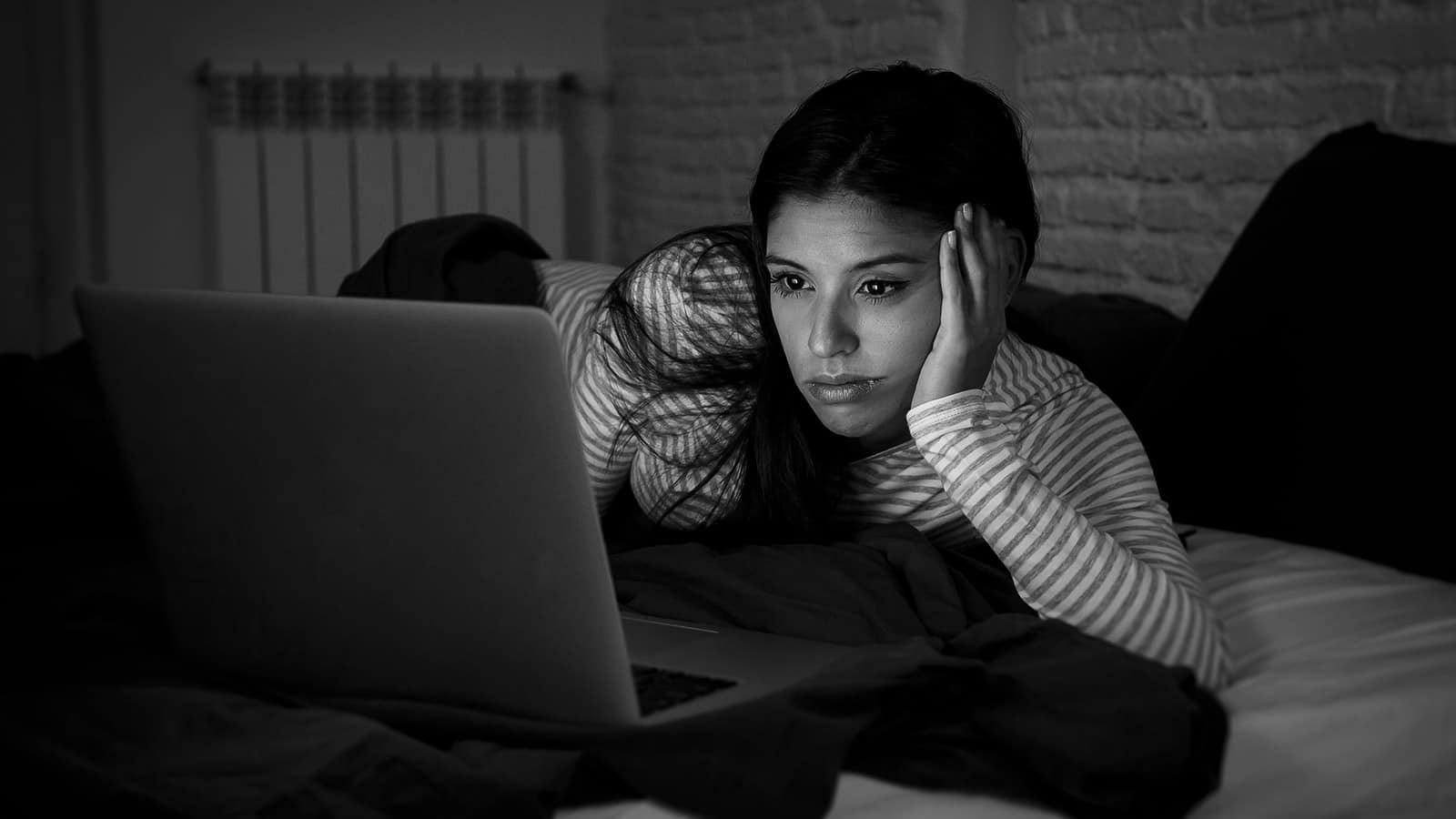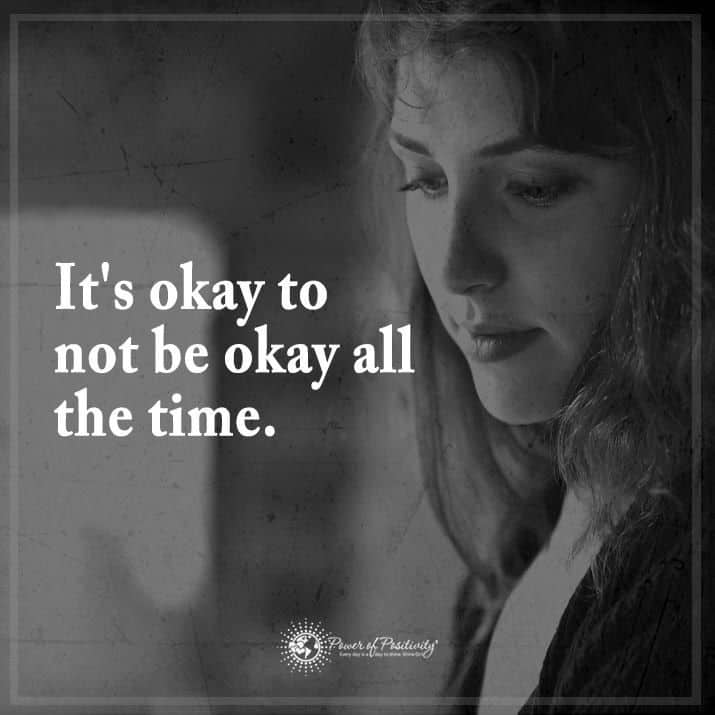Do you know the signs of nomophobia?
Nomophobia is a term that began as a comedic slang term for “no mobile phobia. It indicated anxiety or fear of being without a mobile phone for any given reason. The concept of nomophobia is part of an ongoing academic interest in digital media’s effects on mental health and vice versa.
Individuals misusing digital media is far from a new concept, with the term “nomophobia” being coined back in 2008 for a study conducted in the United Kingdom. This research discovered that 58% of men and 47% of women experience nomophobia. Worse still, supposedly, 9% of mobile phone users experience distress or anxiety when their phones are off or not with them. Also, 50% of nomophobes never switch off their phone!
Unfortunately, though it can seem like a silly concept, nomophobia can be a problem for those who experience it. The overuse of mobile devices can significantly impact mental health and be impacted in turn by mental health. This habit creates a vicious cycle. Many people are at risk of developing these problems since virtually everyone has a mobile device of some kind these days.
So how can you protect yourself against this problem? Awareness is always a good place to start. When you’re able to notice warning signs, you’re able to combat them in time. Here’s how studies by psychologists reveal 3 signs of nomophobia and how to help yourself.
1. Physical Symptoms Of Anxiety
At its core, nomophobia is an issue featuring anxiety and fear. This means that many of the classic symptoms of anxiety, specifically the physical ones, may occur if you experience this phobia. In most cases, this would occur when you’re away from your phone. But it’s completely possible for the anxiety to be constant due to heightened fear of being without your device.
Physical symptoms of anxiety include:- Chest tightness
- Depression
- Difficulty breathing
- Disorientation
- Dizziness
- Fear
- Panic
- Shaking or trembling
- Sweating in excess
- Tachycardia, or rapid heart rate
On that note, it’s important to keep in mind that having pre-existing mental disorders, especially anxiety disorders, can increase your risk of nomophobia, according to research. This is because you are more likely to become dependent on your phone. Studies also noted that while anyone can experience nomophobia, more people will do so if they already experience agoraphobia or social anxiety as a diagnosed disorder.
It can be difficult to help soothe physical symptoms of anxiety, as they’re more generalized and not specific to phones. The fact that anxiety automatically makes self-care against anxiety more difficult to perform is an additional roadblock. Still, here are some ways to do so:
· Avoid Stimulants
Alcohol, nicotine, and caffeine can worsen anxiety symptoms and even push your mind over from nervousness due to the production of hormones that they result in.
· Get Enough Sleep
A lack of sleep results in fatigue that can heighten experiences of anxiety. Being well-rested is crucial in fighting many of the worst effects of anxiety and may even reduce the severity of some of your symptoms.
· Stay Physically Active
Exercise releases feel-good hormones called endorphins that boost positive thinking and improve your overall health. You’ll experience stress reduction at a rate that may reduce your anxiety.
· Use Relaxation Techniques
Mindfulness meditation, deep breathing exercises, guided imagery, yoga, and other similar techniques are often touted as successful methods for handling the worst of anxiety.
2. Constant Need To Have A Working Phone
This symptom is fairly obvious, but it’s very easy to overlook. After all, who doesn’t bring their phone with them to most places? But as the name “nomophobia” suggests, not being able to feel secure without your phone is the biggest sign that something is wrong. Here are some more specific signs that this is a problem:
· Bringing It Everywhere With You
Are you bringing your phone with you no matter where you go? Do you have it with you everywhere, even when you go to have a shower or when you need to perform a single quick task? And if it’s not with you in your pocket or hand, do you feel the need to keep it within your line of sight?
· Constantly Checking It
This is less likely to apply if you use your phone for work purposes. But it’s still important to note. Are you constantly checking your phone, even multiple times an hour? Do you feel compelled to ensure you don’t miss even one notification? Are you always worried that it’s not working, which makes you check it even more?
· Difficulty Sleeping
If you constantly check your phone at night to the point where you’re unable to sleep, you’re experiencing a very severe need to be on your phone even at your detriment. Your phone might also always be within quick reach of your bed, so you never have to be apart from it.
· Irrational Reactions To Being Without It
If you’re in a situation where your access to your mobile device is restricted, you may find that you experience extreme and disproportionate levels of stress and anxiety, even in public. This can happen because of work, at airports, in academic institutions, and anywhere else where phone access is limited. It may also occur when you lose reception, run out of battery, or forget your phone, say studies.
The constant need to be with your phone is an addiction, in a way. As such, it can be tough to fight through by yourself. Here are some ways to work on overcoming this constant need, as recommended by author and Psychology Today contributor Tim Elmore:
- Set daily times where you turn off your phone and put it away from you. If it’s difficult at first, start small and gradually increase the period of time as you go.
- Determine certain environments where you cannot and should not bring your phone. Whenever you enter these environments, immediately turn off your phone or leave your phone in another location. This will help your brain designate locations to no phone usage, allowing for better balance and less dependency.
- Attempt a monthly technological fast where you go for a day or two without using any mobile devices. Don’t cheat with laptops or tablets – all devices should be removed from your daily life!
- Put your phone a minimum of 15 feet away from you when you go to bed at night to prevent easy checking.
3. Unhealthy Social Interaction
Many people who fear not having their phones are dependent on it for aspects of everyday social interaction. This can form toxic social patterns that will harm you in the long run. Here are some ways you might use your phone in negative social patterns:
· Coping With Social Anxiety
If you struggle with social anxiety, you may use your phone as a quick way to duck out of social situations and look busy. You might also use devices to act as a middleman between you and others, preventing the need for face-to-face interaction.
· Determining Identity Through Mobile Devices
This occurs especially in adolescents and young adults who are still discovering aspects of themselves and who they are. Many people who have nomophobia are actually, in some way, addicted to social media applications on it. Their self-identity and social identity may depend on these applications, so going without a phone removes that identity, leading to decreased positive thinking and higher anxiety levels.
· Preventing Fear Of Isolation
On the flip side of social anxiety, some people feel dependent on their phones socially because they’re frightened of being isolated from others. You might use your phone to stay in contact with friends and family, meaning you don’t want to go without an easy means to get in touch with them. Ironically, this could make you spend less time with them in person, which is detrimental to your own desires!
How to Improve These Three Signs of Nomophobia
Here are some ways to work on making your social interactions more positive without the dependency on a mobile device, as provided by Elmore:
- In face-to-face conversations, put your phone away or turn it off and focus on the other person.
- Learn to set aside time for social interaction to fill a certain quota every week. It’s fine to start small, but try to work your way up to a 1:1 ratio of direct human interaction vs. mobile usage.
- Remind yourself of what matters. Social media isn’t real, and everyone who posts there is only showing their best self most of the time. The approval of others garnered from your facade of social media posts matters significantly less than you think. Focus on the people around you who genuinely love and care about you!
- Explore your identity. There are plenty of ways you can experiment with your identity without being on social media. Try new hobbies, hang out in new friend groups, experiment with style… the possibilities are endless!
- Practice social interaction with others. If you started to lose your grasp of social cues, it could take a while to build your social skills back up again. Practice with others, beginning with people you trust. Then slowly increase your challenges to more anxiety-inducing interactions.
- If needed, seek treatment for agoraphobia or social anxiety. You may experience severe symptoms of social anxiety disorder or agoraphobia. It may be too difficult for you to kick the mobile habit on your own in that case. Seeking treatment from a mental health professional is an ideal way to handle this situation.
Final Thoughts On Some Signs Of Nomophobia And How To Help Yourself
While it sounds like something to laugh about, nomophobia should be taken somewhat seriously. It’s not healthy for the brain to become dependent on any single object, no matter how crucial that item is to daily tasks. This is why, despite the originally humorous usage, nomophobia is something that mental health professionals need to begin considering as a real problem.
It’s worth considering that nomophobia is not considered an official mental disorder as of the current fifth edition of the Diagnostic and Statistical Manual of Mental Disorders (DSM-5). However, plenty of discussion of positive and negative sides has been abounded about its possible classification as a specific phobia, as outlined in the manual’s fourth edition. As of the time of writing, though, the exact definition of the term is not standardized.
With that being said, internet and phone addiction are not unusual in today’s technologically advanced world. If you feel that you have nomophobia, take note of these signs of homophobia we’ve talked about today and do what you can to help yourself! If you need additional assistance, a psychologist, therapist, or similar medical professional can help you work through this problem.

















 Community
Community

